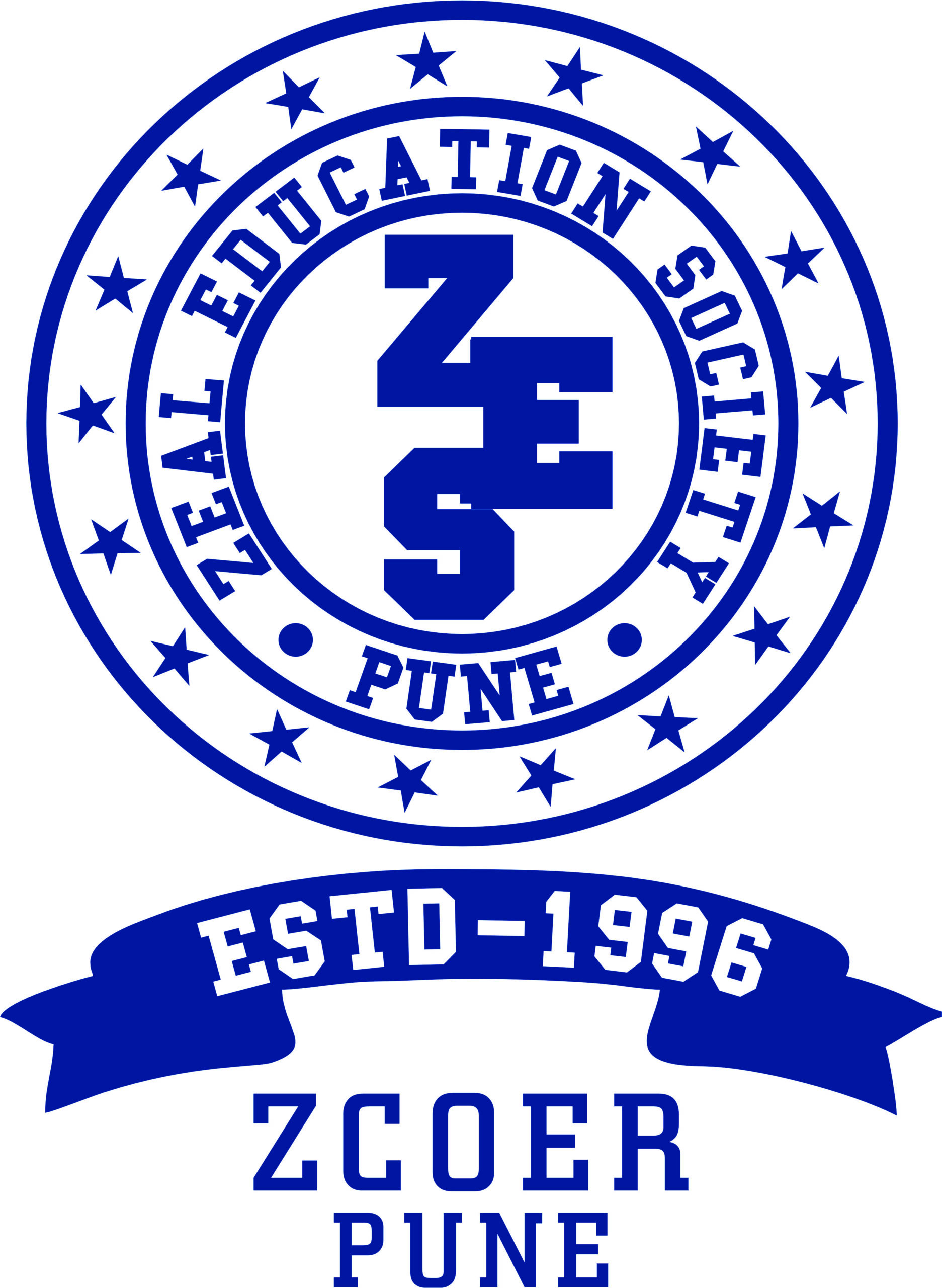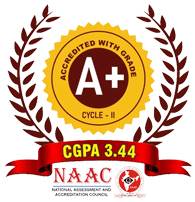Mechanical Engineering
- Mechanical Engineering
- About Department
- From HOD Desk
- Vision & Mission
- PEO & PSO, PO & CO
- Autonomy Constitution
- Faculty Profile
- Lab Facilities
- Innovations in Teaching – Learning
- Research & Publications
- Skill Development
- Faculty Achievements
- Students Achievement
- Student Achievement (University)
- Student Chapter
- Students Association
- Placement and Internship
- Center of Excellence
- Life @ Mechanical
- Downloads
- Newsletter
- Final Year Projects
- PBL and Mini Project
- ATAL FDP 2026
Program Educational Objectives (PEOs)
PEO1 Mechanical Engineering graduates excel in solving industrial challenges, innovating for society, and leveraging core engineering principles for industry advancement.
PEO2 Graduates will apply technical expertise, leadership, and entrepreneurship, to establish ethical organizations to address societal needs and pursue higher studies.
PEO3 Graduates will work effectively as individuals and as team members with high ethical values and motivation for life-long learning for the benefit of society.
Program Specific Outcomes (PSOs)
PSO1 Identify, formulate and analyze real-life mechanical engineering problems by applying the principles of thermal, design, manufacturing, interdisciplinary and allied engineering.
PSO2 Select and apply appropriate materials, metallurgical processes, measurement techniques, feedback control systems, hydraulic and pneumatic control systems to develop appropriate solutions to mechanical engineering problems.
PSO3 Select and apply appropriate manufacturing technologies and tools, and develop competencies for working in manufacturing and allied industries.
PSO4 Apply acquired knowledge, skills, and hands-on experiences to work professionally in mechanical and related systems.
Program Outcomes (POs)
PO1 : Apply the knowledge of mathematics, science, engineering fundamentals and an engineering specialization to the solution of complex engineering problems
PO2 : Identify, formulate, review research literature, and analyze complex engineering problems reaching substantiated conclusions using first principles of mathematics, natural sciences and engineering sciences.
PO3 : Design solutions for complex engineering problems and design system components or processes that meet the specified needs with appropriate consideration for the public health and safety, and the cultural, societal and environmental considerations.
PO4 : Use research-based knowledge and research methods including design of experiments, analysis and interpretation of data and synthesis of the information to provide valid conclusions.
PO5 : Create, select, and apply appropriate techniques, resources, and modern engineering and IT tools including prediction and modeling to complex engineering activities with an understanding of the limitations.
PO6 : Apply reasoning informed by the contextual knowledge to assess societal, health, safety, legal and cultural issues and the consequent responsibilities relevant to the professional engineering practice.
PO7 : Understand the impact of the professional engineering solutions in societal and environmental contexts, and demonstrate the knowledge of, and need for sustainable development.
PO8 : Apply ethical principles and commit to professional ethics and responsibilities and norms of the engineering practice.
PO9 : Function effectively as an individual and as a member or leader in diverse teams, and in multidisciplinary settings.
PO10 : Demonstrate knowledge and understanding of the engineering and management principles and apply these to one’s own work, as a member and leader in a team, to manage projects and in multidisciplinary environments.
PO11 : Demonstrate knowledge and understanding of the engineering and management principles and apply these to one’s own work, as a member and leader in a team, to manage projects and in multidisciplinary environments.
PO12 : Recognize the need for, and have the preparation and ability to engage in independent and life-long learning in the broadest context of technological change
Course Outcomes (COs)
| UG | ||
|---|---|---|
| Sr. No. | 2015 Course | 2019 Course |
| 1. | SE Mechanical | SE Mechanical |
| 2. | TE Mechanical | TE Mechanical |
| 3. | BE Mechanical | BE Mechanical |

